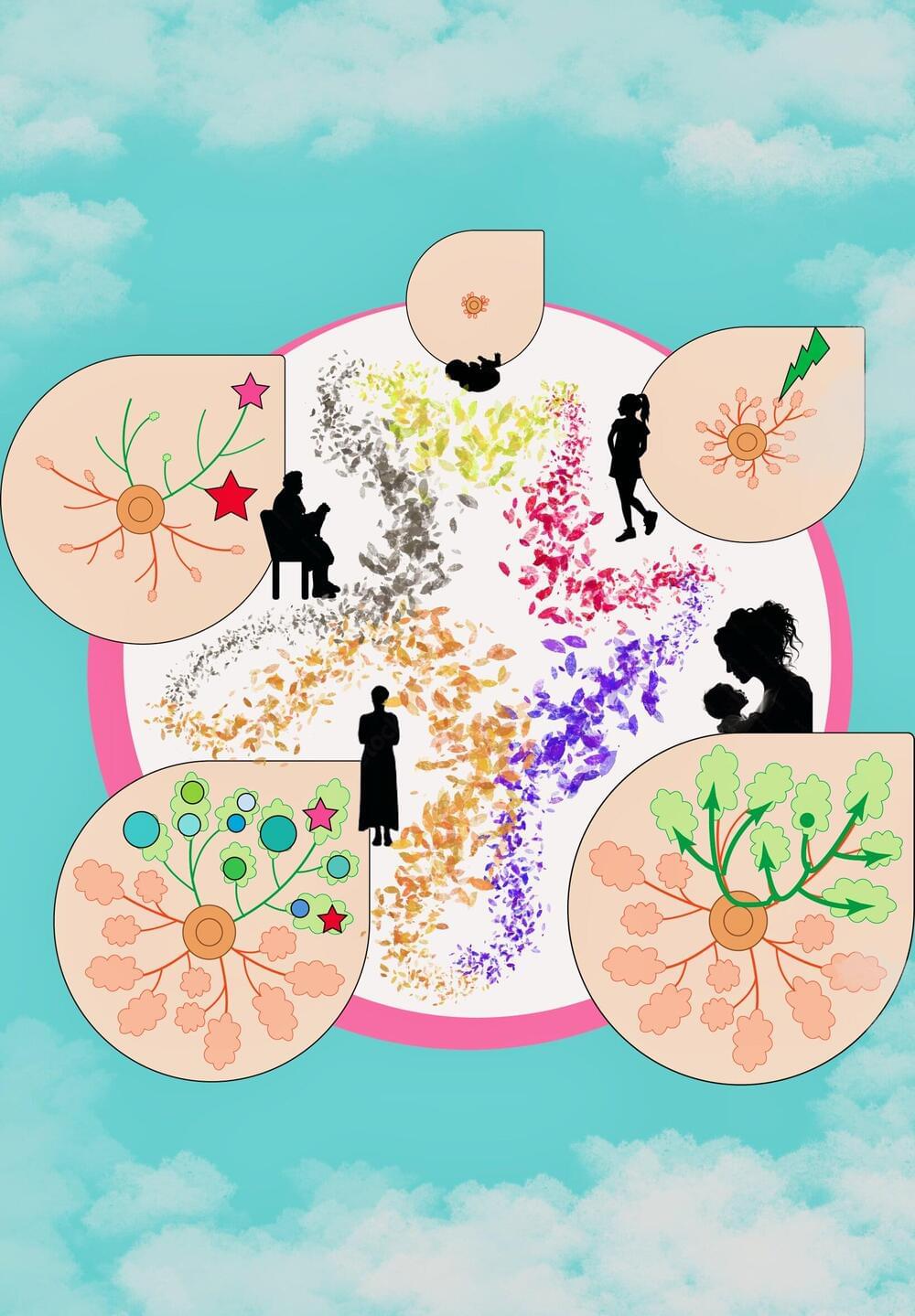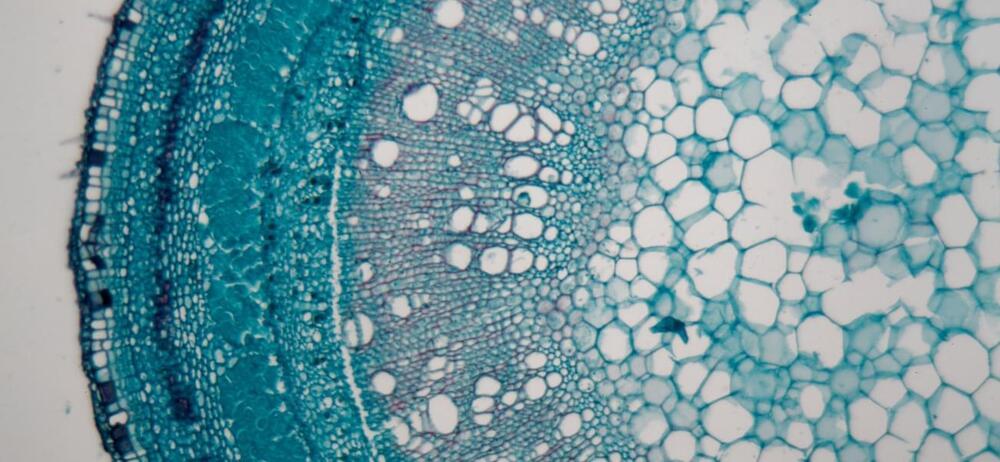Sep 3, 2023
Study findings provide new insight into how breast cancer evolves
Posted by Shubham Ghosh Roy in category: biotech/medical
From the early stages of cell mutations starting in puberty to their manifestations as breast cancer in later years, the entire process has remained shrouded in mystery.
Now, a team of researchers at Kyoto University has revealed the mechanism by which breast cancer is formed in the cells of the mammalian epithelium, whose main function is to secrete milk. The paper is published in the journal Nature.
According to the team’s first analysis, approximately 20 mutations accumulate annually in each epithelial cell until menopause. After menopause, however, the mutation rate significantly decreases.


















